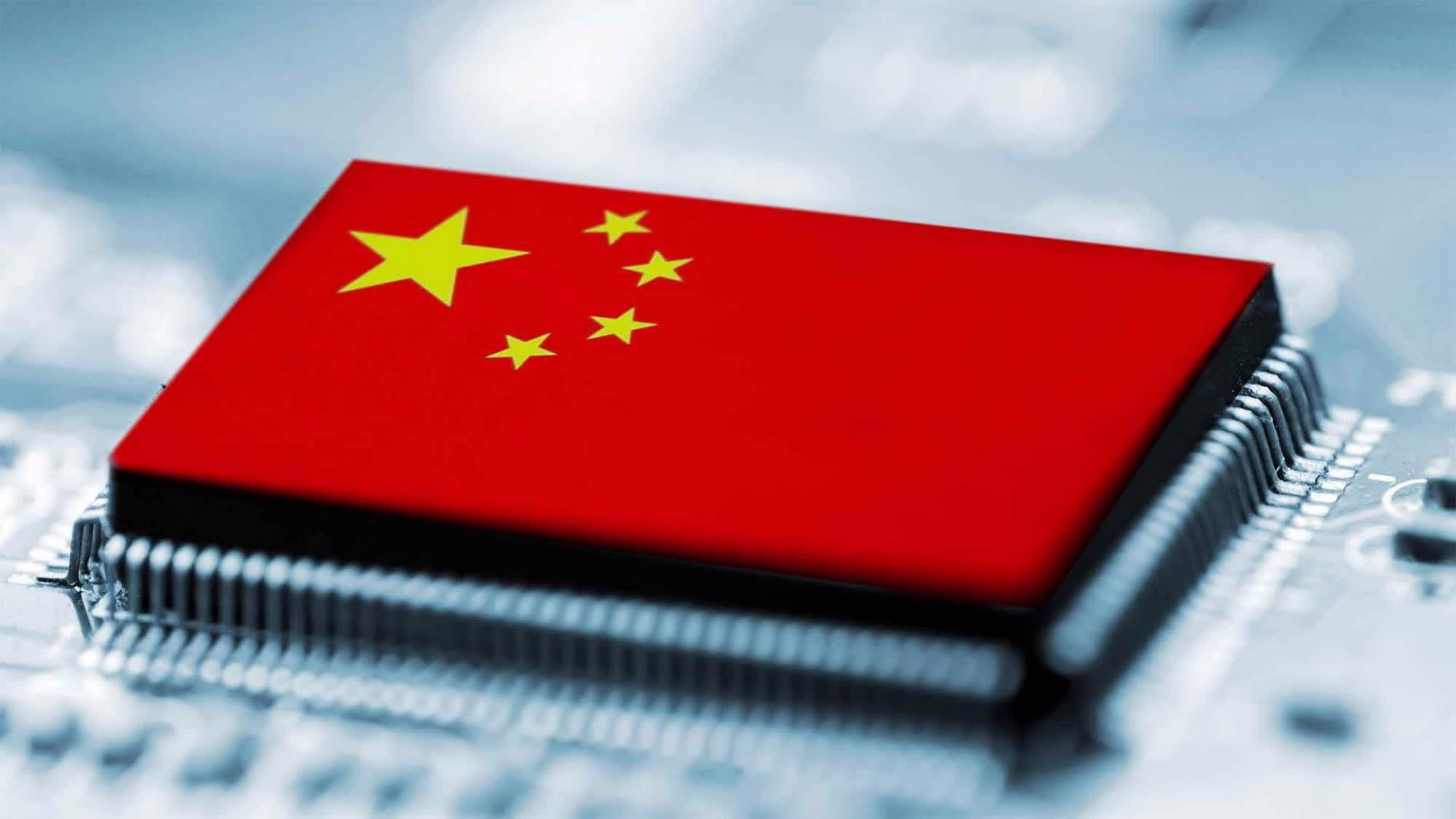I just need to move to China at this point. They’re developing everything I dreamed of innovating. It was a major goal of mine to develop high performance RISC-V computers able to compete with Big Tech.
more RISC development 🫡
I was just talking with a friend the other day about the problem of legacy software that’s holding back chip development in the west. Since Windows is the dominant OS, whatever new chip designs come out have to be compatible with Windows and all the popular apps people use.
This creates a chicken and egg problem where nobody wants to design radically new chips since Windows won’t support them and nobody will buy them, and there’s no incentive for MS or app devs to figure out how to build software against niche architectures that don’t have any market.
Apple controlling both the hardware and software stack was able to make stuff like M1 which is a RISC based system on a chip architecture that’s both a lot faster and less power hungry than the traditional approach. There’s still no equivalent to this in PC world because there’s no market path towards this.
However, China is now forced to abandon proprietary software from western companies for national security reasons, and this removes the legacy software problem. Chinese companies now have a clean slate to build on using whatever current best ideas are. Stuff like HarmonyOS will naturally evolve along with the hardware.
Being the first mover isn’t always an advantage in the long term because once you build out the infrastructure around a particular way to do thing, it becomes very costly to change it. However, people building out infrastructure later can learn from the initial mistakes and avoid them in their implementations.
Conchickendictions coming home to roost. Love to see it.
Documentation on loongson processors is still pretty sparse. So far they’ve only published a volume 1 which covers the basics. All the interesting stuff is still to be documented but for some reason they archived the repository a few months ago: https://github.com/loongson/LoongArch-Documentation/
I’m curious how a loongson SIMD optimized program would compare to the x86 equivalent.
Xiaomi announced their HyperOS, and info is sparse on the anglo-web. I searched in Chinese forums and eventually found (randomly, happy I did though) dedicated forums and saw folks were getting randomly chosen to upgrade if they had a newer Xiaomi device. My fingers are crossed, hopefully I’ll get it early.
What I am trying to say it I would imagine there is documentation and it simply isn’t accessible, the nerds or interest groups of course know where to look. By accessible I don’t mean blocked, rather it’s not openly advertised as perhaps the amount of interest isn’t there yet or isn’t known to be there.
I get the impression they’re still doing a lot of tweaking on it, so maybe they’ll publish a spec once it’s finalized a bit more.
Definitely would be interesting to see how optimized stuff runs on it. I really hope they integrate the whole SOC idea where there is shared memory between the CPU and the GPU too cause that removes the whole bus bottleneck.
SoC (Sino-On-Chip) fully integrates multiple features of the Chinese dictatorship of the proletariat, specifically the proletarian consciousness serving as memory and cache, with a high performance Central Party Unit, which executes politburo instructions. All communication in the SoC works on a principle of mutual trust and win-win cooperation.






